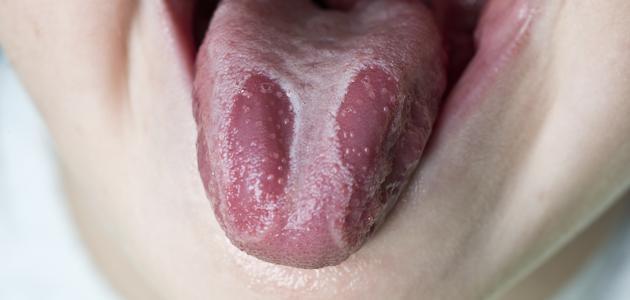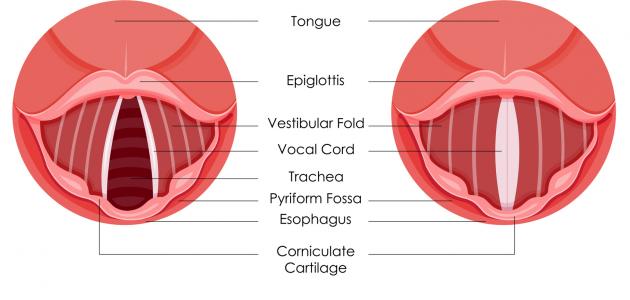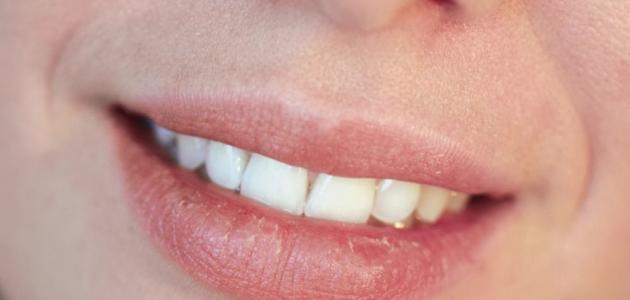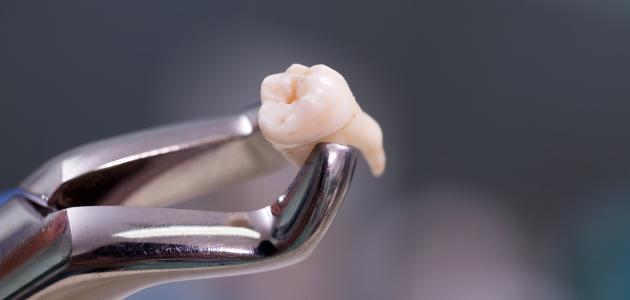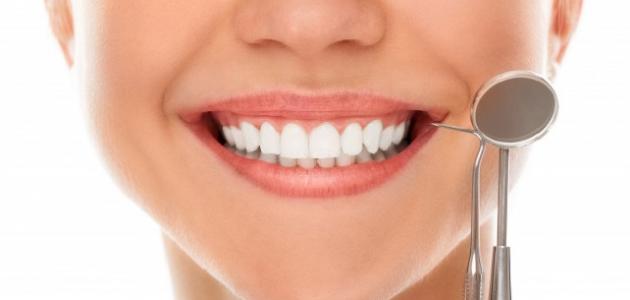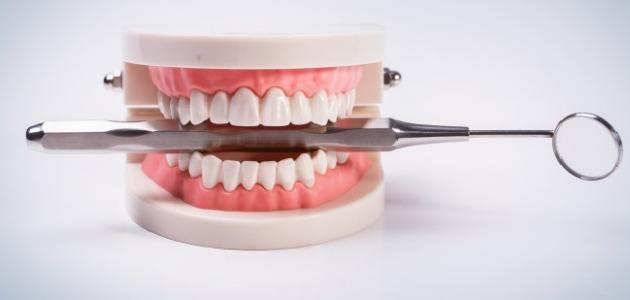Contents
Oral thrush
Oral candidiasis is a common disease, but it is not dangerous in most cases, and it often affects immunocompromised individuals in particular. Oral thrush results from the accumulation of certain types of fungi, the most prominent of which is the so-called Candida albicans fungus, as may be caused by other types of mushrooms such as Candida glabrata and Candida tropicalis. These fungi live naturally in the mouth, without causing any harm, at about 75% of the world's population, and just as the human body’s immune system works to protect it from diseases and microbes, it maintains a balance between the numbers of beneficial and harmful microbes in the body. Humans, when the immune system is weakened for some reason, this allows oral fungi to multiply, causing symptoms that accompany this infection. [1][2]
Signs and symptoms of thrush
Oral thrush may not initially cause any symptoms, depending on the immune status of the patient. The following are the most prominent signs and symptoms that may cause oral thrush: [3] [1]
- The appearance of a white layer in the mouth, and this layer is the main sign of oral fungi, and its location varies, and it may appear either on the tongue, on the inner side of the cheek, or on the throat.
- Feeling of pain or burning in the mouth, and this pain may cause the victim to have difficulty swallowing or eating.
- Redness and cracking of the tissues under the white layer.
- Bleed a small amount of blood from the mouth if the white layers peel off.
- Cracked outer corners of the mouth.
- Suffering from dry mouth , in addition to the feeling of a strange taste in the mouth.
- A foul odor emanating from the patient's mouth .
- Sensation of pain in the teeth.
- Infection with fungal esophagitis (Candida esophagitis); It is one of the severe complications of oral thrush, and it often occurs in patients with cancer or AIDS. The patient suffers from difficulty swallowing or pain in the throat, and it may also lead to an increase in the body temperature .
Factors that increase the chance of infection with oral fungi
There are many cases in which the chance of contracting thrush increases, which makes infection with oral thrush more dangerous as well, compared to healthy people who are in good health. Some of these factors are as follows: [1] [2]
- Weakening of the immune system in the body: This occurs in the event of suffering from some diseases, such as the acquired immunodeficiency syndrome known as AIDS , and in the event of undergoing an organ transplant, as the patient then takes drugs that suppress the immune system, in addition to suffering from cancer, And receive some drugs used to treat cancer. Oral fungi infections are also more common in infants and the elderly due to weak immune systems.
- Using an orthodontic device: To avoid infection with oral fungi, orthodontic users must maintain their cleanliness, as it must be appropriate for them, and be careful to take it off before bed.
- Suffering from diabetes: If the blood sugar level is not controlled, it is possible for more sugar to be excreted in saliva, which creates a favorable environment for the growth of oral fungi.
- Taking some types of medicines: Like antibiotics, they work to eliminate bacteria that are resistant to oral fungi. In addition to steroid compounds such as prednisone. As well as the use of mouthwash preparations, especially those that contain anti-bacterial.
- Dry mouth: Suffering from conditions that cause dry mouth may increase the growth of fungi in the mouth.
- Malnutrition: The chance of contracting oral fungi may increase if some vitamins and materials are deficient in the body, perhaps the most prominent of which are vitamin B12 , iron and folic acid. It should be noted that excessive smoking increases the risk of developing oral thrush.
Oral fungicide treatment
The treatment of thrush aims to prevent its further spread, and it is necessary to treat the pathological conditions that cause it as well, and to get rid of the factors that led to its further spread. The treatment of oral thrush depends on the age and general health of the affected person. The following are the most prominent methods used in treating oral thrush: [2] [4]
- Use of anti-fungal medications: such as fluconazole and clotrimazole, in addition to the drug Nystatin. Some of these drugs are available in the form of oral tablets, or sucking pills that are kept inside the mouth until they dissolve, or mouthwashes. In the event that the aforementioned drugs fail, doctors may resort to itraconazole, and in severe cases, Amphotericin B is used, and this drug remains the last solution for the possibility of it causing many side effects, such as fever and nausea , Vomiting. It is also possible to use intravenous antifungal drugs in immunocompromised persons.
- Follow some home measures: These procedures work to prevent the exacerbation of oral fungi, as doctors advise patients to brush their teeth with a soft brush to avoid cutting or peeling the white layer, and using new brushes after the end of the treatment, as well as avoiding the use of mouthwash preparations except those recommended by the doctor, as well as Orthodontics should be kept clean. Rinsing with water and salt, and eating unsweetened yogurt may also help. And it requires alerting diabetic patients on the importance of maintaining their sugar level within normal levels.
References
- ^ A b T. "Oral Thrush" , Mayoclinic.org , Retrieved 1-8-2018. Edited.
- ^ A b T. "Oral Thrush" , Medicalnewstoday.com , Retrieved 1-8-2018. Edited.
- ↑ "Oral Candidiasis" , medicinenet.com , Retrieved 1-8-2018. Edited.
- ↑ "Oral Thrush" , Healthline.com , Retrieved 1-8-2018. Edited.
